Revolutionizing Healthcare with Generative AI: Transforming Diagnosis, Drug Discovery, and Personalized Care
The intersection of generative artificial intelligence and healthcare represents one of the most promising technological advancements of our time. From accelerating drug development timelines to creating highly personalized treatment plans, generative AI is fundamentally reshaping how healthcare is delivered and experienced. This technological revolution promises not just incremental improvements but transformative changes that could make healthcare more accurate, accessible, and personalized than ever before. The Booming Market for Healthcare AI The adoption of generative AI in healthcare is accelerating at a remarkable pace. The U.S. healthcare generative AI market reached an estimated USD 518.4 million in 2023 and is projected to grow at an impressive compound annual growth rate (CAGR) of 36.4% through 2030. This explosive growth reflects the increasing recognition of AI's potential to address longstanding challenges in healthcare delivery and research. On a global scale, the market for generative AI in healthcare is expected to reach $10.3 billion by 2025, growing at a CAGR of over 30%. This dramatic expansion is being driven by several factors, including technological advancements, increased investment in healthcare innovation, and the pressing need for more efficient, scalable healthcare solutions in the wake of challenges like the COVID-19 pandemic. Healthcare organizations are increasingly recognizing that generative AI represents not just a technological upgrade but a strategic imperative to remain competitive in an evolving landscape. The pandemic has served as a catalyst, accelerating the integration of AI into modern healthcare and minimizing traditional barriers to adoption. Transforming Drug Discovery and Development Accelerating Research Timelines One of the most significant impacts of generative AI in healthcare is its ability to dramatically accelerate drug discovery and development processes. Traditionally, bringing a new drug to market takes over a decade and costs billions of dollars. Generative AI is changing this paradigm by serving as a supercharged assistant to researchers. Advanced AI models like Variational Autoencoders and Generative Adversarial Networks are now being used to generate novel data for designing molecules for drug discovery. These technologies allow researchers to predict which molecules could become effective treatments in a fraction of the time required by conventional methods. Enhancing Drug Safety and Efficacy Beyond speed, generative AI is also improving the quality of pharmaceutical development. By analyzing vast amounts of data, AI systems can optimize drug formulations to enhance their effectiveness while simultaneously reducing side effects. This capability translates directly to safer treatments and better outcomes for patients. The impact on the pharmaceutical industry is substantial, with generative AI expected to reduce research and development costs by up to 40% by 2025. This efficiency gain makes AI a critical component of pharmaceutical innovation and could potentially lead to more affordable medications for patients. Optimizing Clinical Trials Clinical trials represent another area where generative AI is making significant contributions. These studies are crucial but traditionally slow and expensive. AI systems can predict which patients are most likely to respond positively to new treatments, making trials more efficient and successful. This predictive capability means promising new treatments can reach patients more quickly. AI can also help identify potential safety issues earlier in the development process, potentially saving lives and reducing costly late-stage trial failures. Revolutionizing Diagnosis and Medical Imaging AI-Enhanced Diagnostic Accuracy Generative AI is transforming medical diagnosis by analyzing medical tests alongside millions of similar cases, identifying patterns that might elude even experienced clinicians. This capability is particularly evident in medical imaging, where AI systems can detect subtle abnormalities with remarkable precision. For example, generative AI systems are now analyzing mammograms with over 95% accuracy, identifying early signs of breast cancer and significantly improving patient outcomes. These AI-powered diagnostic tools serve not as replacements for healthcare professionals but as powerful augmentation tools that enhance clinical decision-making. Real-Time Predictive Analytics The ability of generative AI to analyze real-time patient data creates unprecedented opportunities for predictive care. Hospitals can now anticipate emergencies, optimize staffing levels, and manage resources more effectively based on AI-generated insights. For instance, AI systems can predict ICU admissions based on patient vital signs, reducing emergency response times and potentially improving survival rates for critical conditions. This predictive capability represents a shift from reactive to pro

The intersection of generative artificial intelligence and healthcare represents one of the most promising technological advancements of our time. From accelerating drug development timelines to creating highly personalized treatment plans, generative AI is fundamentally reshaping how healthcare is delivered and experienced. This technological revolution promises not just incremental improvements but transformative changes that could make healthcare more accurate, accessible, and personalized than ever before.
The Booming Market for Healthcare AI
The adoption of generative AI in healthcare is accelerating at a remarkable pace. The U.S. healthcare generative AI market reached an estimated USD 518.4 million in 2023 and is projected to grow at an impressive compound annual growth rate (CAGR) of 36.4% through 2030. This explosive growth reflects the increasing recognition of AI's potential to address longstanding challenges in healthcare delivery and research.
On a global scale, the market for generative AI in healthcare is expected to reach $10.3 billion by 2025, growing at a CAGR of over 30%. This dramatic expansion is being driven by several factors, including technological advancements, increased investment in healthcare innovation, and the pressing need for more efficient, scalable healthcare solutions in the wake of challenges like the COVID-19 pandemic.
Healthcare organizations are increasingly recognizing that generative AI represents not just a technological upgrade but a strategic imperative to remain competitive in an evolving landscape. The pandemic has served as a catalyst, accelerating the integration of AI into modern healthcare and minimizing traditional barriers to adoption.
Transforming Drug Discovery and Development
Accelerating Research Timelines
One of the most significant impacts of generative AI in healthcare is its ability to dramatically accelerate drug discovery and development processes. Traditionally, bringing a new drug to market takes over a decade and costs billions of dollars. Generative AI is changing this paradigm by serving as a supercharged assistant to researchers.
Advanced AI models like Variational Autoencoders and Generative Adversarial Networks are now being used to generate novel data for designing molecules for drug discovery. These technologies allow researchers to predict which molecules could become effective treatments in a fraction of the time required by conventional methods.
Enhancing Drug Safety and Efficacy
Beyond speed, generative AI is also improving the quality of pharmaceutical development. By analyzing vast amounts of data, AI systems can optimize drug formulations to enhance their effectiveness while simultaneously reducing side effects. This capability translates directly to safer treatments and better outcomes for patients.
The impact on the pharmaceutical industry is substantial, with generative AI expected to reduce research and development costs by up to 40% by 2025. This efficiency gain makes AI a critical component of pharmaceutical innovation and could potentially lead to more affordable medications for patients.
Optimizing Clinical Trials
Clinical trials represent another area where generative AI is making significant contributions. These studies are crucial but traditionally slow and expensive. AI systems can predict which patients are most likely to respond positively to new treatments, making trials more efficient and successful.
This predictive capability means promising new treatments can reach patients more quickly. AI can also help identify potential safety issues earlier in the development process, potentially saving lives and reducing costly late-stage trial failures.
Revolutionizing Diagnosis and Medical Imaging
AI-Enhanced Diagnostic Accuracy
Generative AI is transforming medical diagnosis by analyzing medical tests alongside millions of similar cases, identifying patterns that might elude even experienced clinicians. This capability is particularly evident in medical imaging, where AI systems can detect subtle abnormalities with remarkable precision.
For example, generative AI systems are now analyzing mammograms with over 95% accuracy, identifying early signs of breast cancer and significantly improving patient outcomes. These AI-powered diagnostic tools serve not as replacements for healthcare professionals but as powerful augmentation tools that enhance clinical decision-making.
Real-Time Predictive Analytics
The ability of generative AI to analyze real-time patient data creates unprecedented opportunities for predictive care. Hospitals can now anticipate emergencies, optimize staffing levels, and manage resources more effectively based on AI-generated insights.
For instance, AI systems can predict ICU admissions based on patient vital signs, reducing emergency response times and potentially improving survival rates for critical conditions. This predictive capability represents a shift from reactive to proactive healthcare delivery.
Integration with Telemedicine
Telemedicine adoption surged during the COVID-19 pandemic, and generative AI is now taking this delivery model to new heights. AI-driven virtual assistants and chatbots enable real-time symptom analysis, streamlined appointment scheduling, and improved medication management.
In 2025, telemedicine providers are expected to make substantial investments in generative AI technologies to enhance patient experiences, making healthcare more accessible and personalized. This integration addresses crucial gaps in care delivery, particularly for underserved populations with limited access to healthcare facilities.
Personalizing Medicine and Patient Care
Tailored Treatment Approaches
One of generative AI's most promising applications is in personalized medicine—moving away from one-size-fits-all approaches toward treatments customized for individual patients. AI systems study existing data to create new samples for diagnostic imaging, simulate patient responses to treatments, and generate synthetic patient data for training and testing.
The analytical capabilities of generative AI serve as a vital step in medical decision-making, especially when producing new information and solutions. By analyzing a patient's unique health data, genetic profile, and other relevant factors, AI can help identify the most effective treatment approaches for that specific individual.
Enhanced Patient Engagement
Generative AI is also driving a shift toward more interactive and patient-centric healthcare experiences. Virtual health assistants are moving beyond simply answering queries to providing emotional support, monitoring symptoms, and offering personalized lifestyle recommendations.
By 2025, nearly 70% of healthcare providers are expected to deploy AI-driven chatbots to improve patient engagement and satisfaction. These tools help patients better understand their conditions, adhere to treatment plans, and maintain healthier lifestyles—all crucial factors in achieving positive health outcomes.
Addressing Healthcare Disparities
Generative AI has significant potential to address healthcare disparities by providing affordable, scalable solutions to underserved populations. AI-powered diagnostics can bring quality care to remote and underresourced communities, helping to close persistent gaps in healthcare access.
This represents a strategic opportunity for companies to develop generative AI tools specifically tailored to low-resource settings, addressing global healthcare inequities. Such innovations could help realize the goal of universal health coverage by extending advanced medical capabilities to previously unreached populations.
Emerging Trends and Future Directions
AI-Powered Precision Medicine
Precision medicine represents one of the most promising opportunities for generative AI in healthcare. By integrating data from wearable devices, genetic profiles, and electronic health records, AI enables hyper-personalized treatment approaches.
Strategic collaborations between AI firms and healthcare providers to develop end-to-end solutions for chronic disease management and oncology will be pivotal in 2025. These partnerships will help translate technological capabilities into practical clinical applications with measurable patient benefits.
Workflow Automation and Efficiency
Administrative inefficiencies account for nearly 25% of healthcare costs, according to the Journal of the American Medical Association. Generative AI is addressing this challenge by automating processes such as medical coding, claims processing, and clinical documentation.
Tools like Nuance's Dragon Ambient eXperience (DAX) enable doctors to complete medical documentation during consultations, reducing burnout and improving care quality. This application of AI addresses a significant pain point in healthcare delivery, allowing providers to focus more on patient care and less on paperwork.
AI-Driven Medical Training
Generative AI is transforming medical education and training through virtual reality simulations that create lifelike scenarios for healthcare professionals. These training environments allow clinicians to develop and refine their skills in a safe, controlled setting.
By 2025, AI-powered training modules are expected to become a staple in medical education, supported by increasing investment in digital learning tools. This trend will help ensure that the healthcare workforce is prepared to leverage new technologies and deliver high-quality care in an evolving landscape.
Strategic Partnerships and Collaborations
To fully harness the potential of generative AI, healthcare providers are increasingly partnering with technology companies. These collaborations foster innovation and ensure that AI solutions are both clinically effective and commercially viable.
A notable example is Google Health's partnership with Mayo Clinic, which leverages generative AI for advanced data analysis and predictive healthcare models. Such collaborations bring together complementary expertise in healthcare and technology, accelerating the development and implementation of transformative solutions.
Challenges and Considerations
While the potential of generative AI in healthcare is immense, several challenges must be addressed to realize its full benefits. These include ensuring data privacy and security, addressing potential biases in AI algorithms, maintaining appropriate regulatory oversight, and managing the integration of AI systems with existing healthcare infrastructure.
Healthcare organizations must also consider the human element—ensuring that AI tools enhance rather than replace the critical role of healthcare providers. The most successful implementations will be those that augment human capabilities, allowing clinicians to focus on the aspects of care that require empathy, intuition, and professional judgment.
Conclusion: Embracing the AI-Powered Future of Healthcare
Generative AI is not just changing healthcare—it's revolutionizing it. From drug discovery to diagnosis to personalized care, AI technologies are creating new possibilities for improving health outcomes and making quality care more accessible. The rapid growth of the healthcare AI market reflects the recognition of these transformative capabilities among healthcare leaders and investors.
As we look toward 2025 and beyond, the integration of generative AI into healthcare will continue to accelerate. Organizations that embrace these technologies, develop appropriate implementation strategies, and forge strategic partnerships will be well-positioned to thrive in this new era of healthcare innovation.
Ready to Transform Your Healthcare Organization with AI?
Is your healthcare organization prepared to harness the power of generative AI? Whether you're looking to streamline operations, enhance diagnostic capabilities, or develop more personalized treatment approaches, the time to act is now.
Me as a healthcare AI specialists can help you navigate the complex landscape of generative AI implementation, ensuring that your organization leverages these powerful technologies effectively and responsibly. Contact me today for a consultation to discuss how generative AI can address your specific challenges and opportunities in the evolving healthcare ecosystem.





















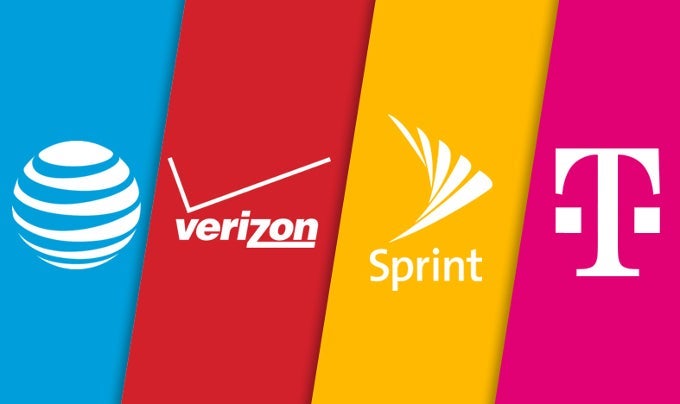





















![Mobile Legends: Bang Bang [MLBB] Free Redeem Codes April 2025](https://www.talkandroid.com/wp-content/uploads/2024/07/Screenshot_20240704-093036_Mobile-Legends-Bang-Bang.jpg)












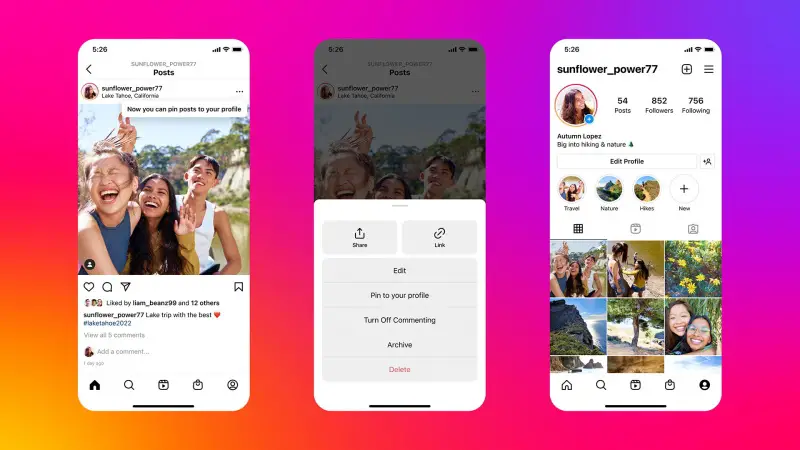
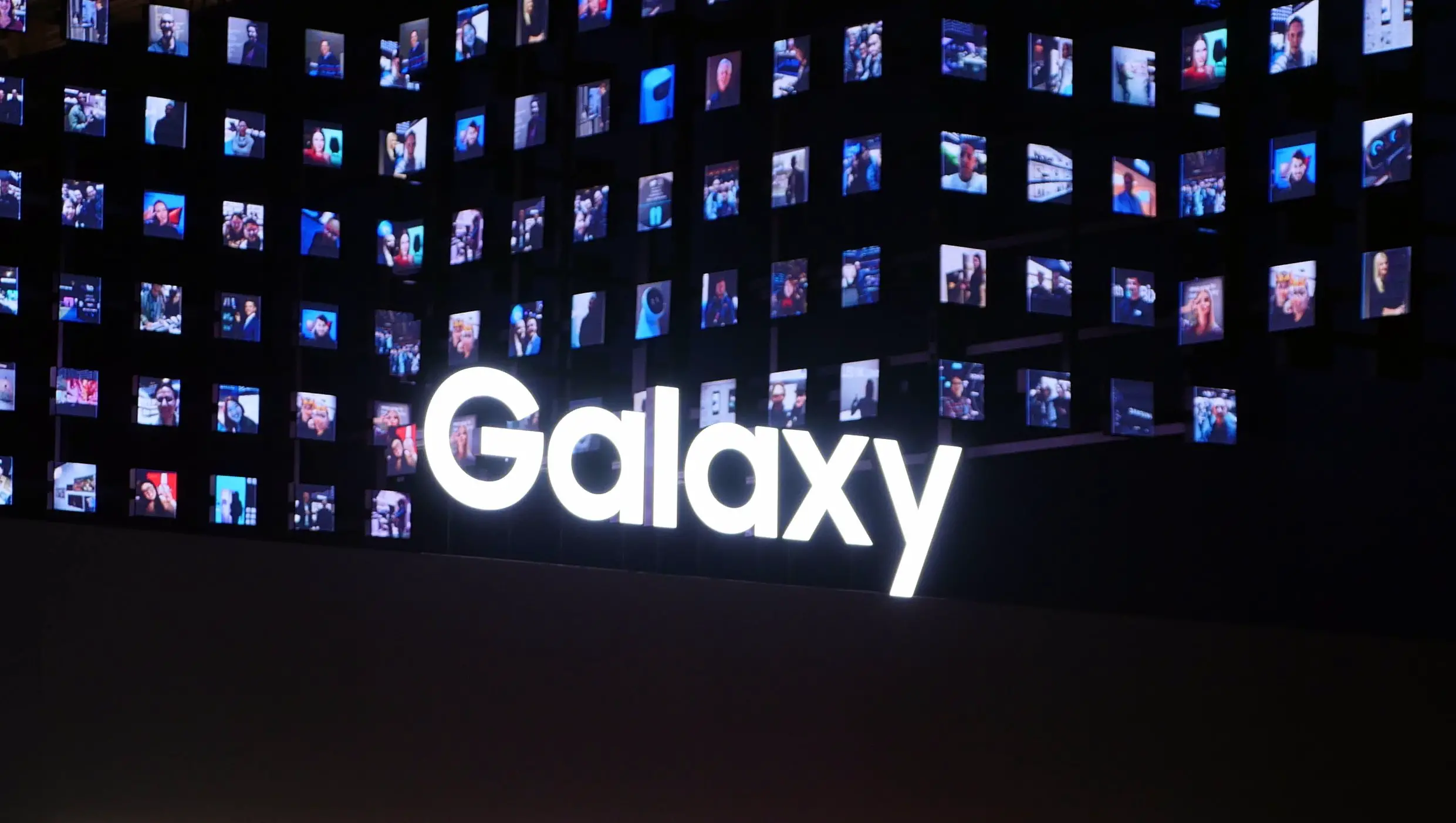










![Apple Shares Official Trailer for 'Long Way Home' Starring Ewan McGregor and Charley Boorman [Video]](https://www.iclarified.com/images/news/97069/97069/97069-640.jpg)
![Apple Watch Series 10 Back On Sale for $299! [Lowest Price Ever]](https://www.iclarified.com/images/news/96657/96657/96657-640.jpg)
![Apple Slips to Fifth in China's Smartphone Market with 9% Decline [Report]](https://www.iclarified.com/images/news/97065/97065/97065-640.jpg)














![What features do you get with Gemini Advanced? [April 2025]](https://i0.wp.com/9to5google.com/wp-content/uploads/sites/4/2024/02/gemini-advanced-cover.jpg?resize=1200%2C628&quality=82&strip=all&ssl=1)
























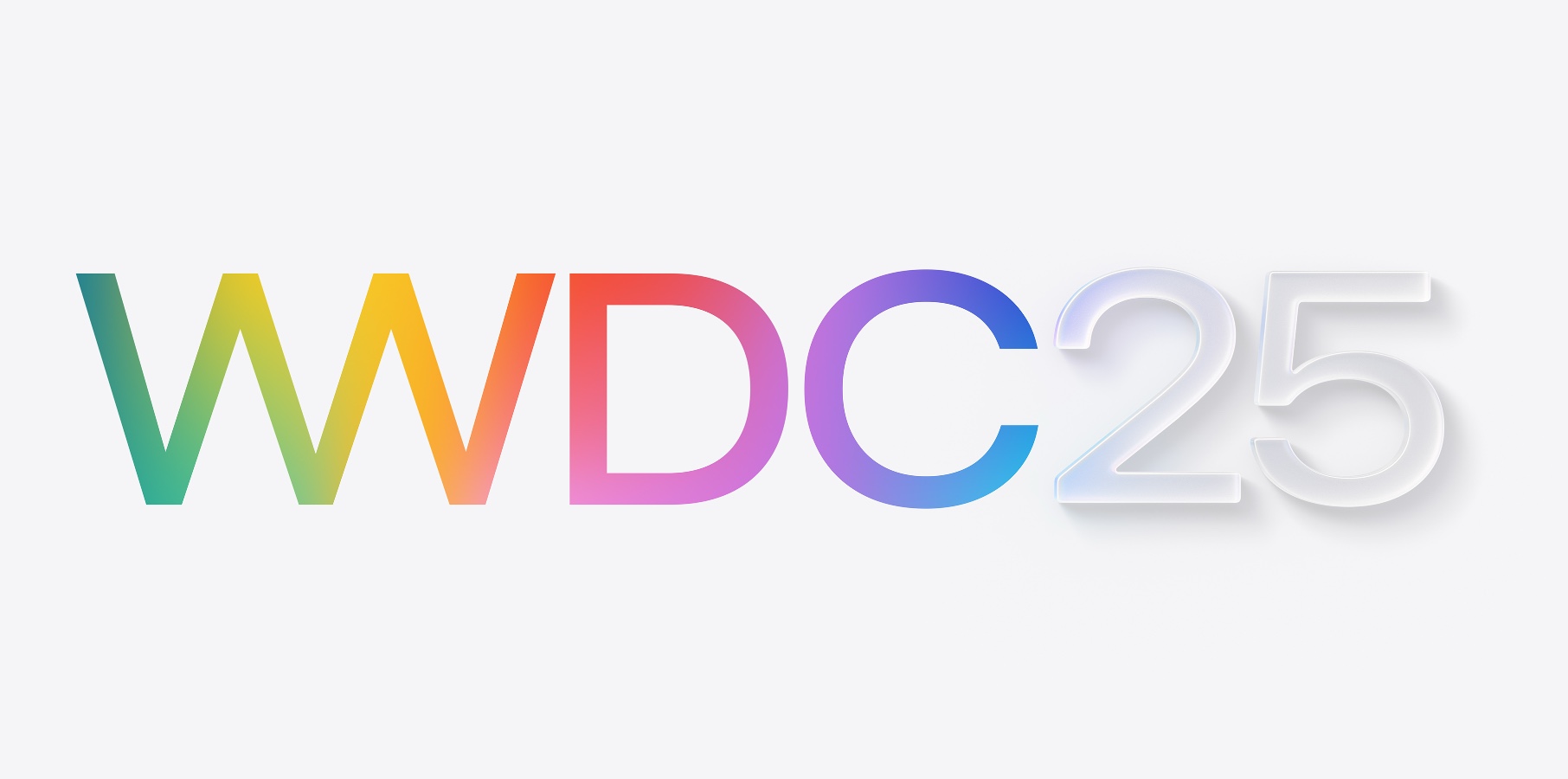


































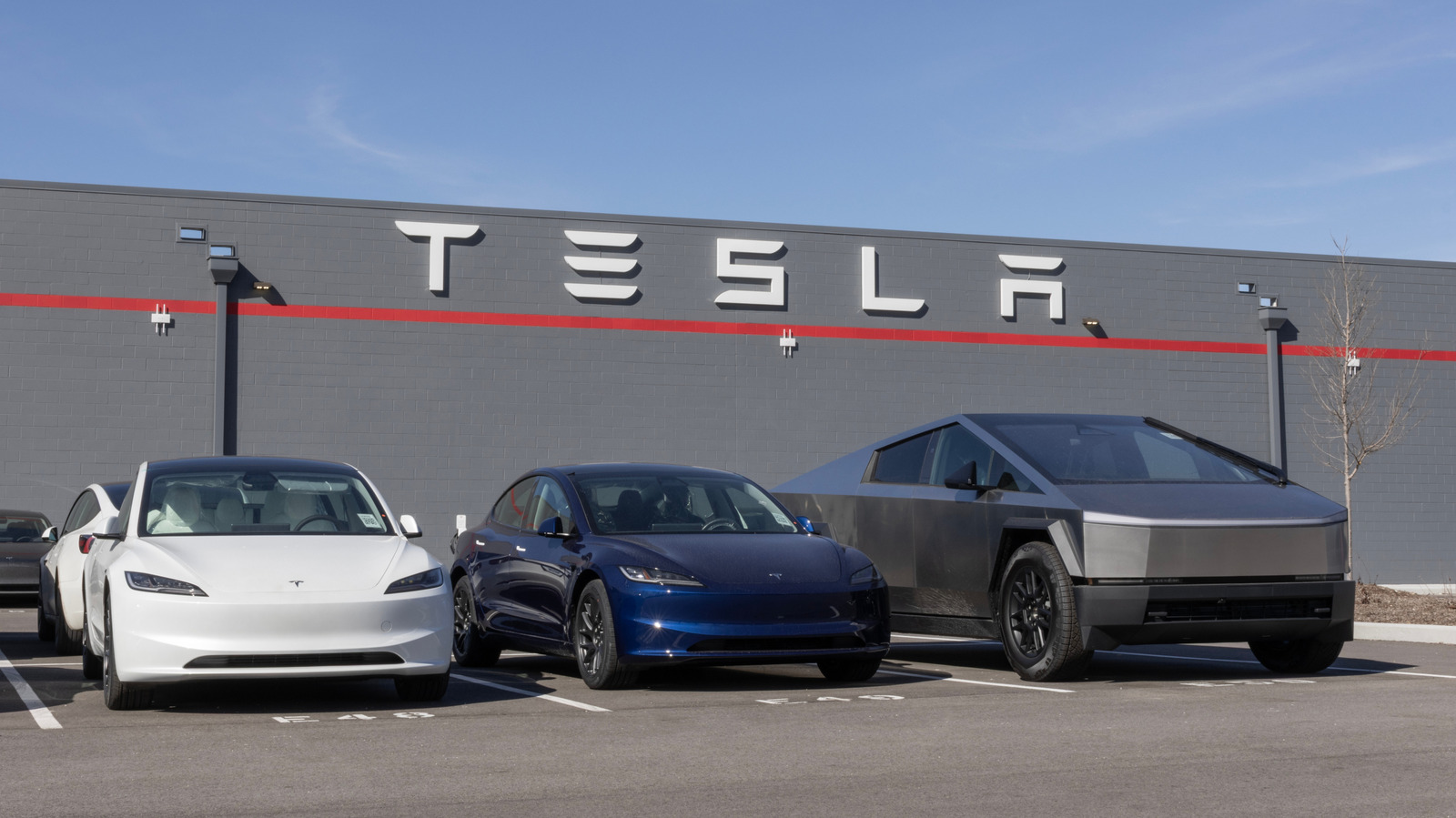



































_Andreas_Prott_Alamy.jpg?width=1280&auto=webp&quality=80&disable=upscale#)




















































































![[The AI Show Episode 144]: ChatGPT’s New Memory, Shopify CEO’s Leaked “AI First” Memo, Google Cloud Next Releases, o3 and o4-mini Coming Soon & Llama 4’s Rocky Launch](https://www.marketingaiinstitute.com/hubfs/ep%20144%20cover.png)






























































































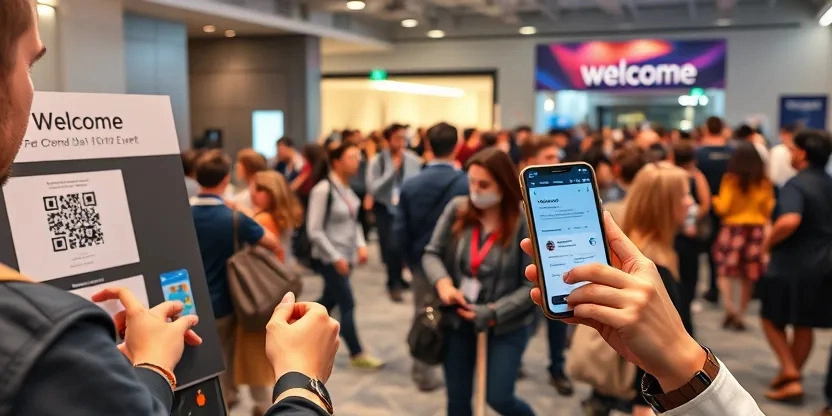
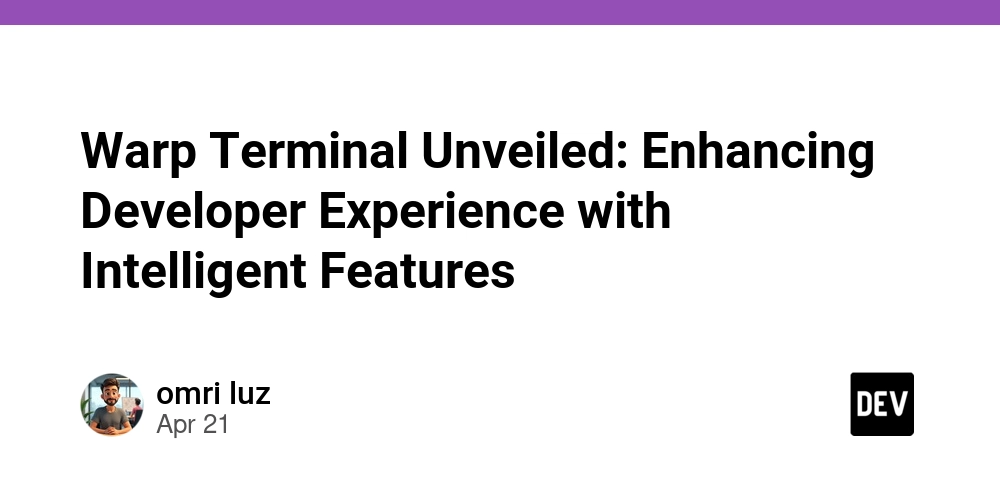

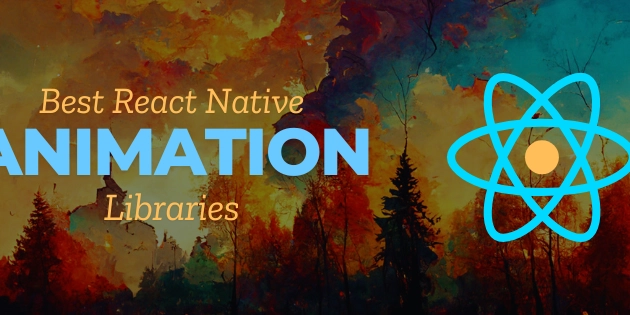











































![[DEALS] The All-in-One Microsoft Office Pro 2019 for Windows: Lifetime License + Windows 11 Pro Bundle (89% off) & Other Deals Up To 98% Off](https://www.javacodegeeks.com/wp-content/uploads/2012/12/jcg-logo.jpg)
































































































